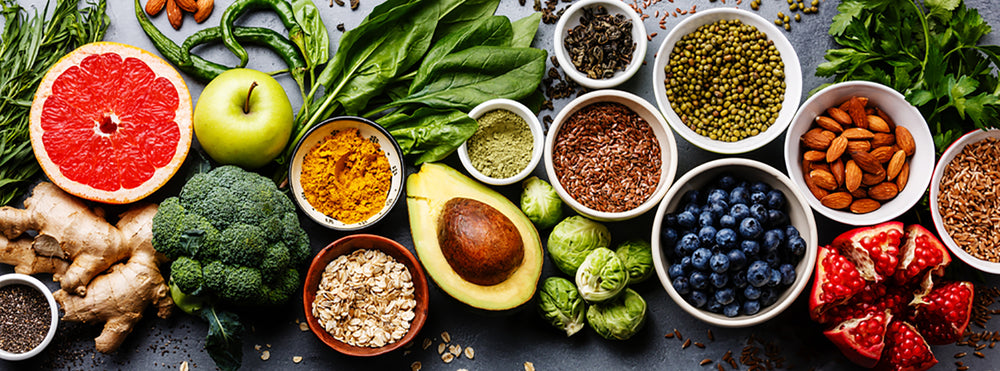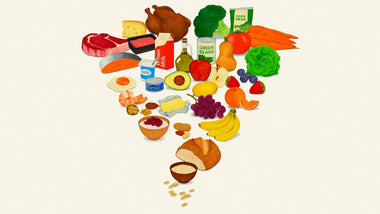What you’re NOT eating could kill you

Editor's note: Step One Foods was founded by Cardiologist Elizabeth Klodas to create a healthy, convenient and delicious daily food product that can improve your health. You can read about our clinically proven results in lowering cholesterol, or shop our products to try them yourself. If you’re not satisfied, we’ll give you your money back.
Most of the time, when we look at dietary factors that contribute to disease we focus on the things we get too much of – red meat, highly processed items, trans fats.
But a study that was just published, looking at dietary patterns across the globe, found that what we’re NOT eating could be just as detrimental to health.
Poor diet has become a leading cause of death and disability world-wide. In 2017, one in every 5 deaths could be attributed to diet. That’s over 11 million deaths, 10 million of which were due to heart disease.
And who was most at risk? People who didn’t get enough fruit or whole grains in their diet.
So much for Keto and for high protein-focused eating plans, both of which shun grains and fruit.
But here is where some additional caveats are required. If you want to avoid the risk associated with eating too little grain or fruit, it’s not enough to eat something labeled as whole grain or as containing fruit. It’s really about eating those items as close to their original form as possible. So for fruit, eat the apple, not the apple sauce or apple juice - or apple pie. For whole grains, eat the whole grain. So steel-cut oats, not oat-based puffed cereals or oatmeal cookies. This is important because the whole food brings with it nutrients which may be vital to their health-promoting properties but could get lost in processing.
Steel cut oats are whole oat seeds that have been cut in half or in thirds so we can actually digest them. But they're still essentially whole seeds. And if you put a whole oat seed into the ground, you get a plant. That seed has all the necessary components to support life. Wow. That’s pretty amazing. In stark contrast, there’s no amount of Cheerios you can put into the ground and get a plant. Something is missing – no matter how vitamin or mineral fortified that cereal is. This is one of the reasons we try to pack as many whole-food ingredients as we can into Step One products – to ensure you’re getting the fullest spectrum of nutrients possible.
So what about bread? I get this question often when I talk to patients. Bread has not always been evil. In fact, it's been a staple of most civilizations for millennia. But the bread of generations past was very different than what we're used to eating today. So eat like our great great great grandparents and make sure you choose the most sawdust-like bread you can still enjoy, with as much visible grain/seeds as possible - and eat it in reasonable quantities.
And remember, increasing your intake of fruits and whole grains does not mean you now get to ignore everything else in your diet. An eating plan that’s high in meat, dairy and highly processed food items is still counterproductive to health no matter how much fruit and sawdust-y bread you add.
Eat real (meaning whole) food. Not too much. Mostly plants (includes fruit).
Never gets old. And seems like this simple advice summarizes pretty much every dietary study that comes out.

Tested & Proven Results.
- Cardiologist formulated
- Supported by over 500 publications
- Clinically-proven, in a double-blind randomized trial with Mayo Clinic and The University of Manitoba
80% of participants lowered their cholesterol in just 30 days. With just two servings per day, Step One Foods offers a proven-effective way to naturally lower LDL (bad) cholesterol.
Get heart health tips and articles like this, delivered right to your email.
New articles every week.
You may also like...

The New Food Pyramid: What It Gets Right (and What It Misses)

Why Most New Year’s Resolutions Fail - And How to Right-Size Yours

You don’t need to avoid foods with cholesterol…except for these


